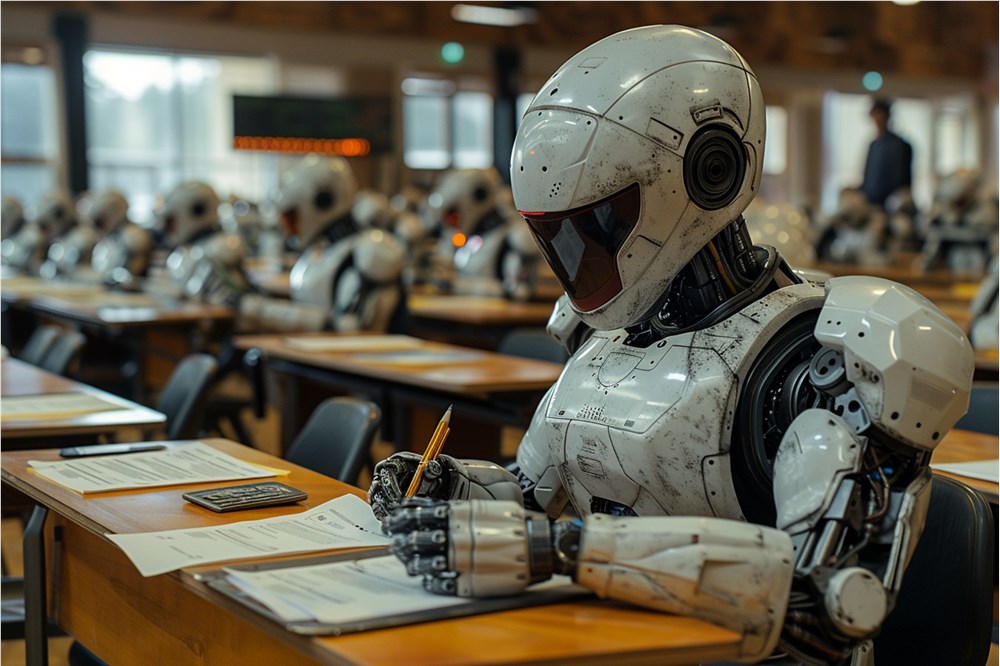Meta's chief AI scientist Yann LeCun recently published a prediction on the future development direction of artificial intelligence at the Davos Forum, which attracted widespread attention. He boldly predicted that in the next three to five years, there will be revolutionary changes in the field of artificial intelligence, and a new paradigm of AI architecture will transcend existing generative AI and large language models (LLM). LeCun points out that the current LLM has significant limitations in understanding the physical world, having lasting memory, conducting reasoning and complex planning, and requires building a more "world model" system.
At the Davos "Technology Debate" meeting, Meta's chief AI scientist Yann LeCun made exciting predictions about the development of artificial intelligence in the next five years. He believes that existing artificial intelligence systems will face huge changes in the next 3 to 5 years, and a "new AI architecture paradigm" will emerge, surpassing the capabilities of generative AI and large language models (LLMs) commonly used today .
LeCun points out that current LLMs, while performing well in language processing, have significant limitations in truly intelligent behavior. He believes that these limitations are mainly reflected in the following four aspects: a lack of understanding of the physical world, a lack of lasting memory, a lack of reasoning ability, and a lack of complex planning ability.

He admitted: "LLM is not outstanding in thinking, so it is necessary to build a more 'world model' system, which will give machines common sense, intuition and reasoning."
LeCun stressed that new AI systems will be able to learn by observing and interacting with the world, meaning that future machines will not only process information, but also better understand and cope with the complexity of the real world. He added: “If our plan can be implemented successfully, new AI systems will be available within the next 3 to 5 years, and these systems may have some level of common sense.”
Meanwhile, LeCun also predicts that the next decade may be the "decade of robots." He believes that the combination of AI and robotics will open up new intelligent application scenarios. He mentioned that despite the impressive current generative AI, robots still have great potential to understand and adapt to the physical world. Current robotics technology is far from reaching the understanding ability of cats.
At present, Meta has already been involved in robot research, and OpenAI is also actively making arrangements in this field and is forming a team of robots focused on universal and highly adaptable, with the goal of developing robots with human intelligence. LeCun concluded that future AI systems will be smarter and will hopefully truly understand how the real world works.
LeCun’s predictions point out the direction for the future development of artificial intelligence and also indicate that artificial intelligence technology will usher in new breakthroughs and changes in the next few years. The future development of AI is worth looking forward to, but at the same time, it also needs to pay attention to its ethical and security issues.